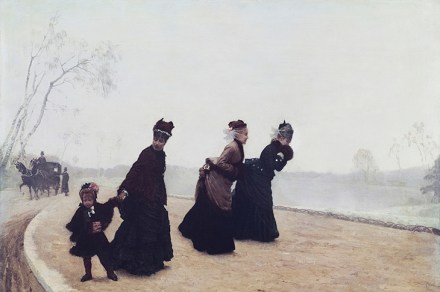How much food have we really been stockpiling?
Time out When did British workers start being ‘furloughed’? The word furlough is first recorded in the English language in 1625, believed to be derived from the Dutch verloffe, meaning a leave of absence of a sailor from the navy. It seems to have come back into parlance in Britain thanks to it being used in the US prison system to describe temporary leave for an inmate. It was the title of a 2018 American film in which a female prisoner is allowed out of jail for the weekend to visit her dying mother. The film was later renamed Time Out, perhaps because not everyone knew what ‘furlough’ meant. But



